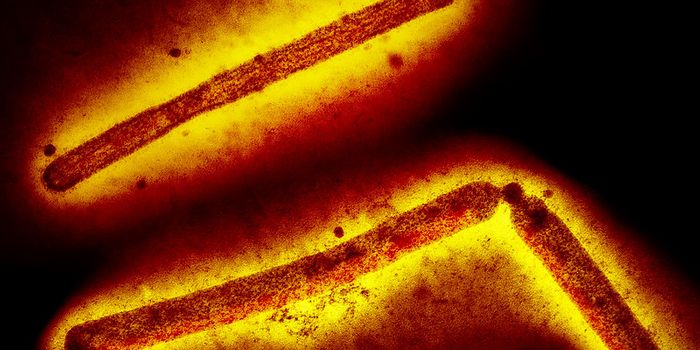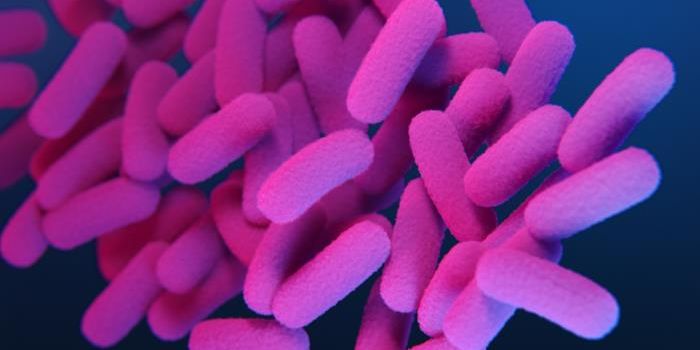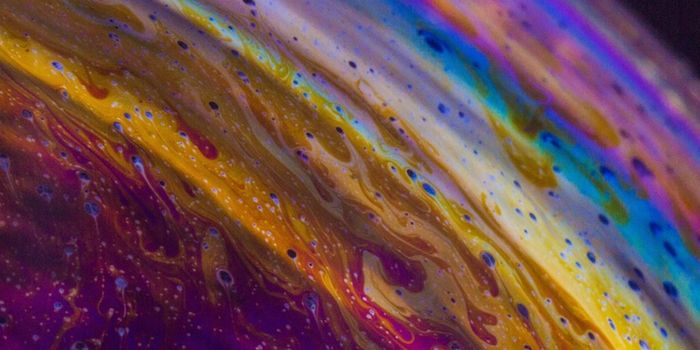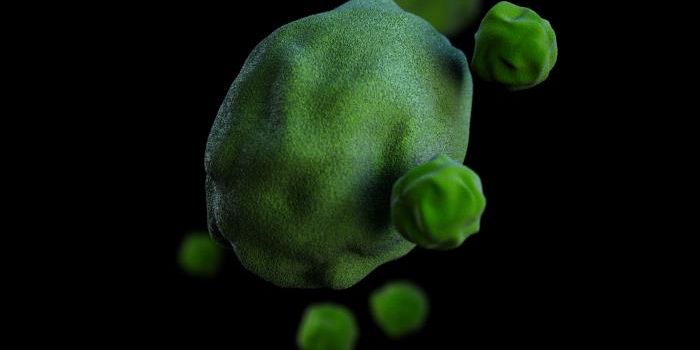How Diet Could Harness Gut Microbes to Prevent GI Disease
People are often told to stay active and eat healthy foods for good health. But there is still plenty of debate about what constitutes a healthy diet, and whether that diet would be the same for all people. The community of microbes in the gut also has to be taken into account, and the human gut microbiome can vary considerably from one person to another. But scientists are starting to learn more about this complex situation. For example, research has shown that eating foods that contain healthy fibers, which promote the growth of specific bacteria that generate short chain fatty acids, can be beneficial to health.
Scientists have now reported in Cell that boosting the growth of bacteria that break down phenolic glycosides, compounds that are found in plants, can also be good for us. These phenolic glycosides help generate small molecules that are beneficial to human health.
"Plants make these molecules for all different reasons—to attract pollinators, to repel herbivores, to kill bacteria," noted Seth Rakoff-Nahoum, MD, Ph.D., of Boston Children's Hospital. "If we're eating these plants, what happens to these molecules and how do they affect us?"
In this work, the researchers showed that intestinal microbes have specific enzymes that metabolize certain phenolic glycosides, compounds found in plants that have bioactive potential. The microbial enzymes remove sugar molecules that can be used by the microbes, but in the process they unleash small molecules that may have an impact on human cells.
For example, some of these small molecules were found to help control inflammation in the intestine, and help reduce the risk posed by gut pathogens.
The investigators focused on gut microbes called Bacteroides in this study. They grew 52 strains of Bacteroides and Parabacteroides with seven phenolic glycosides. The researchers then identified the enzymes and the microbes that were best at breaking down plant compounds.
Next, the researchers assessed the impact of these small molecules on mouse models of C. difficile infection and inflammatory bowel disease. They found that enzymes from Bacteroides were able to reduce the growth of C. diff in the intestine. When resveratrol was liberated from polydatin, which is found in grapes and red wine, it had an antibiotic effect in the C. diff mice, for example.
Saligenin is also generated by Bacteroides when exposed to salicin, which is found in willow bark. Saligenin was also protective and able to balance the immune reaction in the gut. It also helps regulate intestinal homeostasis.
"We gave salicin from willow bark to mice and found it could be used to treat inflammation," said Rakoff-Nahoum. "The small molecule was kept intact and was bioactive. This is using your microbiome to get the health effects of diet."
Now, the investigators are hoping that some of these compounds will be tested for their therapeutic potential.
Sources: Boston Children's Hospital, Cell









